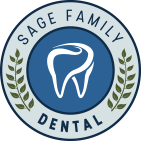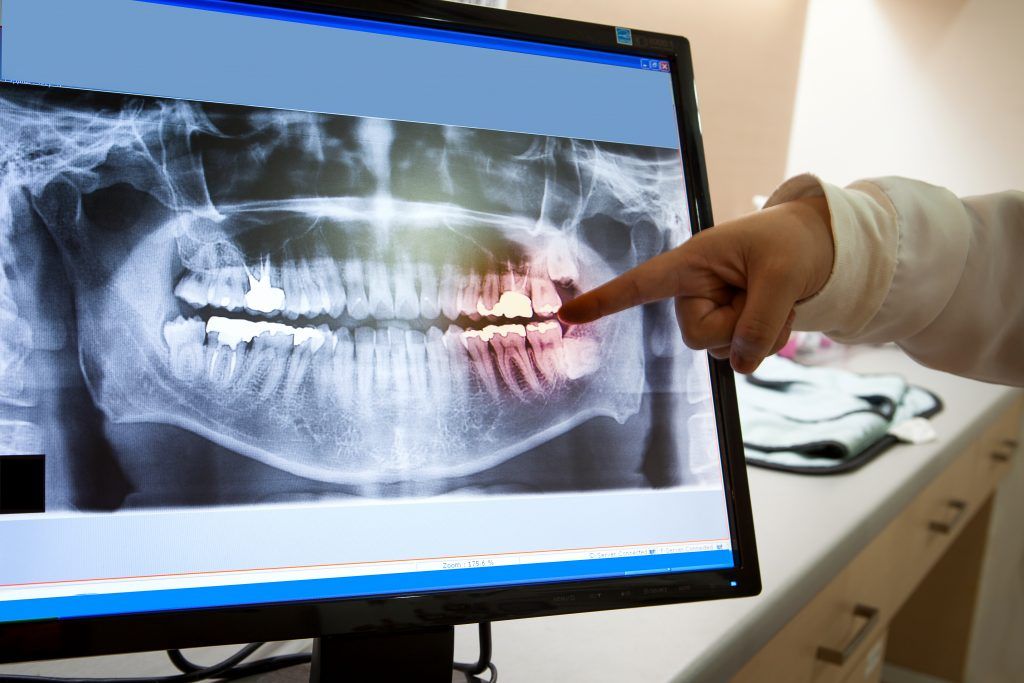Preventing Cold & Canker Sores
Canker sores and cold sores are both frustrating conditions that can affect just about anyone. While canker and cold sores may share some similarities, there are several significant differences between them. Understanding the causes, symptoms, and treatments of these sores can make the situation much less stressful. Here is some valuable information about these conditions so you can be better prepared to deal with them in the future.
Do I have a Canker Sore or a Cold Sore?
While cold sores present themselves around the edge of the lips, canker sores are a type of ulcer that forms almost exclusively inside the mouth. Cold sores often appear in clusters of reddish blisters. Canker sores tend to take on a lighter color of yellow or white. Both types of sores can be painful, but they often go away on their own after no more than a couple of weeks. If needed, your doctor will take a swab sample of the sore for testing and prescribe the appropriate medication.
Symptoms, Causes & Treatments of Cold Sores
Although the name is misleading, cold sores are not a symptom of the common cold. The underlying cause of most cold sores is the herpes simplex virus (HSV-1). The virus is usually acquired by coming into contact with infected saliva at a young age. HSV-1 lies dormant in the body for years until various triggers like stress or illness reactivate the virus. Sores often appear in clusters near the mouth and are sometimes accompanied by a tingling sensation. Although there is no cure for a cold sore, there are a few ways to accelerate the recovery process:
- Try prescription antiviral medications
- Reduce stress and rest
- Apply a warm compress to the affected area
- Use skin cream to soothe irritation
Symptoms, Causes & Treatments of Canker Sores
Canker sores are small lesions that appear in the soft tissues of the mouth. Although the exact cause of canker sores remains unknown, several triggers are known to play a role. Possible contributors to developing canker sores can range from vitamin deficiency to allergic reactions. Canker sores also commonly develop following injury to the mouth. In some cases, canker sores could be a sign of another health condition or a problem with the immune system. Most canker sores clear up on their own, but there are several options to alleviate symptoms:
- Avoid potentially irritating food or beverages like citrus
- Rinse the mouth periodically with an antiseptic mouthwash
- Explore medication options or topical creams with your doctor
Can My Dentist Help with Cold & Canker Sores?
If your cold and canker sores continue to persist, it may be worth exploring precision dental laser treatment. Dentists can use laser technology to reduce discomfort and stimulate the healing process in the tissue affected by the sore. This fast, convenient treatment option offers immediate relief and can reduce the chances of another outbreak occurring. Discuss laser treatment with your dental professional to learn more about this innovative approach to dealing with canker and cold sores.





